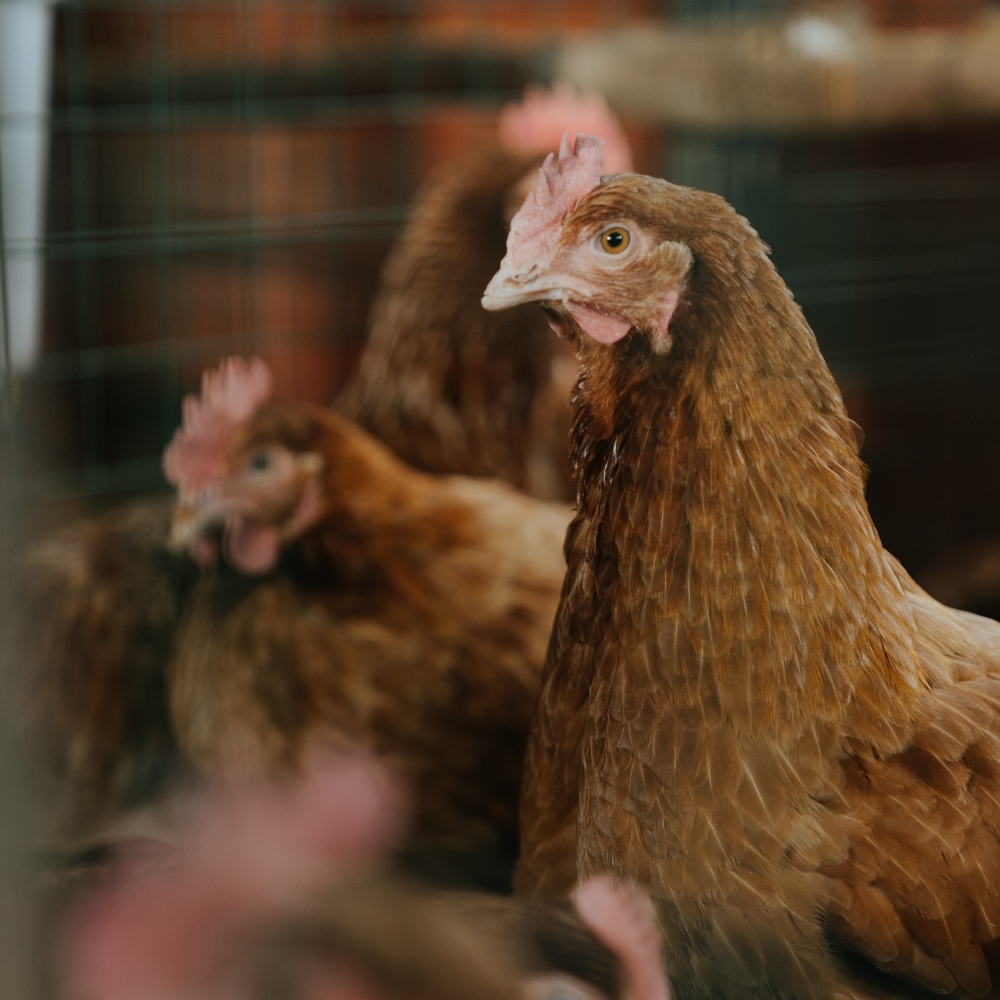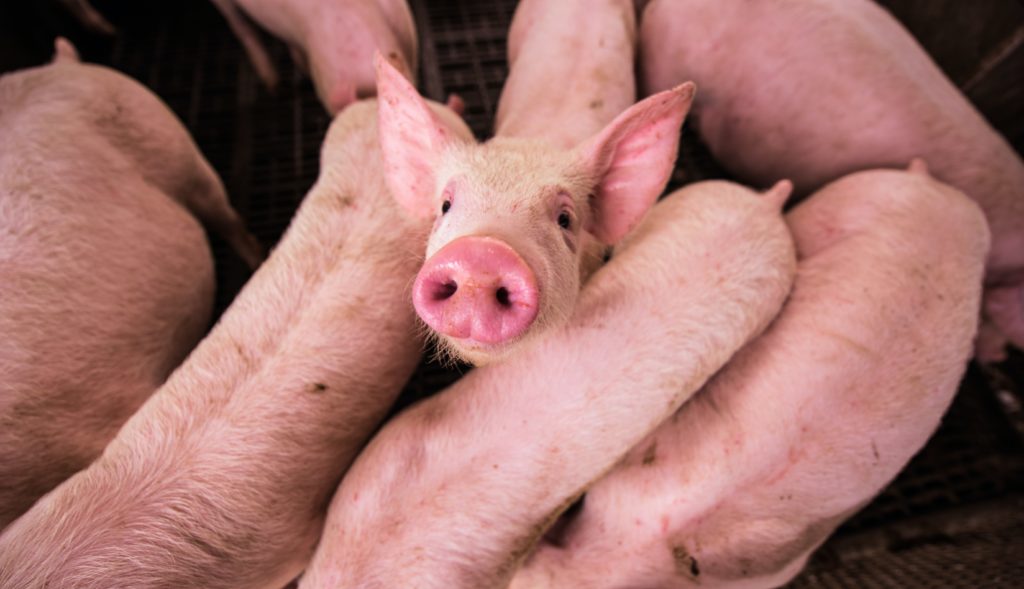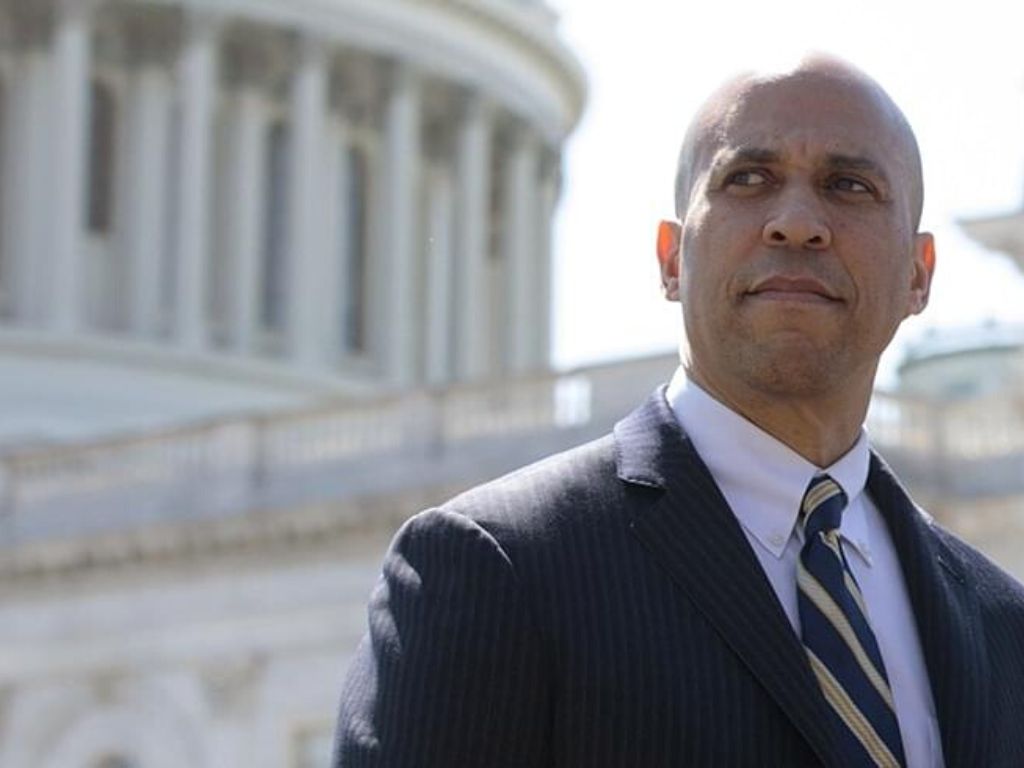Cory Booker Vs. Big Meat
5 Mins Read
New Jersey Senator Cory Booker has a new plan aimed at holding large factory farms accountable and improving animal welfare. Can he get it passed?
Under Senator Cory Booker’s Industrial Agriculture Accountability Act, the Democrat from New Jersey is aiming to shift responsibility onto corporate and industrial farm operators for disaster mitigation through a fee structure. Dubbed the High-Risk AFO Disaster Mitigation Fund, Senator Booker says it will help to ensure humane slaughter in the case that depopulation becomes necessary such as in the event of an avian flu outbreak.
Post-pandemic learnings
Senator Booker points to the early days of the covid pandemic that saw slaughterhouses experience higher than average rates of covid infection rates among workers. Most facilities were forced to shut down or drastically reduce operations amid the pandemic. As a result, the USDA and other public health organizations aided in the depopulation of millions of animals “often under incredibly cruel conditions,” reads the announcement on Senator Booker’s website. “The total number of animals killed and under what conditions remains in question, as companies aren’t currently required to report on depopulation actions.”
But the pandemic response is just the tip of the iceberg. Senator Booker, an outspoken vegan, says the legislation would also ensure that industrial operators “aren’t using inhumane methods in other aspects of the food system by ending line-speed increases and meatpacker self-inspection programs for animal slaughter, closing regulatory loopholes to prohibit the slaughter of all downed animals, and requiring more humane treatment of livestock transported for long periods.”

“We’ve seen multiple recent crises that have shined a light on the threat that corporate meat producers and their web of factory farms represent to workers, animals, the environment, and rural communities. Built by agribusinesses, the industrial livestock and poultry system is designed to maximize production– while externalizing risk and liability– to ensure corporate profits even when the system fails,” Senator Booker said in a statement. “The Industrial Agriculture Accountability Act would place the liability for disasters where it belongs–on the corporations and industrial operators who profit the most from factory farming and ensure farmed animals are not subjugated to cruel and inhumane practices.”
The Industrial Agriculture Accountability Act would also invest resources into the development of higher-welfare slaughter technology across meat and poultry processing facilities as well as establish pilot programs to better train and add more inspectors to ensure proper slaughter methods are being employed.
The bill, if passed, would bring a new office to the USDA that would manage the fees that support more humane slaughter methods. It would also oversee additional costs linked to affected sites such as carcass removal and additional cleaning services. Factory farms would also be required to submit disaster preparedness plans that go beyond just illnesses; they would need to account for disasters such as hurricanes. Several of the biggest livestock-producing states are in hurricane-prone areas.
The Farm Systems Reform Act
The Industrial Agriculture Accountability Act is Senator Booker’s second meat industry reform bill; it follows his 2019 bill, the Farm Systems Reform Act, which he reintroduced last year. He has also introduced a number of other pieces of legislation in recent years targeting the agriculture industry including efforts to better protect meatpackers, support independent farmers, and prevent agribusiness monopolies. The Industrial Agriculture Accountability Act aims to pick up where the Farm Systems Reform Act left off, while also addressing new concerns in the wake of the covid crisis that exposed the food system’s many weaknesses.
According to Matt Bershadker, ASPCA President and CEO, most Americans “would be shocked” to learn that taxpayers are often the ones paying for animals on factory farms to be killed in cruel ways, and “that billions of chickens and turkeys are not legally protected from suffering at slaughter,” he said. “We applaud Senator Booker for introducing the landmark Industrial Agriculture Accountability Act, which would provide new protections for farmed animals and hold corporations accountable for the true costs of factory farming.”

Senator Booker wants the Industrial Agriculture Accountability Act to be included in the 2023 Farm Bill—a tool that Leah Garcés, President and CEO of the nonprofit Mercy For Animals, says has long been a tool the industrial animal agriculture industry uses “to do little else than maximize its profit—to the detriment of consumers, the environment, food system workers, farmers, and farmed animals.” She says that as a result, “we find ourselves at a pivotal moment in U.S. food system reform: The meat industry has created deep-seated problems that exploit and harm the most vulnerable. It must be the industry’s responsibility to solve these problems. The IAA recognizes this responsibility and affords the industry an opportunity to begin to right these wrongs.”
Craig Watts, a former contract poultry grower turned field team operations director for the Socially Responsible Agriculture Project, says the Industrial Agriculture Accountability Act shifts the burden to “where it belongs”— the backs of Big Agribusiness.
“When natural disasters like bird flu and extreme weather strike, industrial livestock operations incur huge losses. These losses are too often shouldered by contract farmers, rural communities, and government,” Watts said. “It’s time we stop allowing multibillion-dollar corporations to externalize the cost of their high-risk operations.”
Senator Booker said in a recent interview that the pandemic shined a light on how broken so many aspects of our food system really are, “from meatpacking plants that became Covid hot spots and caused tens of thousands of workers to get sick and hundreds to die to the inhumane killing of millions of animals as brittle supply chains broke down,” he told Vox. “As public awareness has increased, so have the calls for transitioning to a more humane and sustainable system, and this bill is a response to that.”
Lead image courtesy of Cory Booker.




